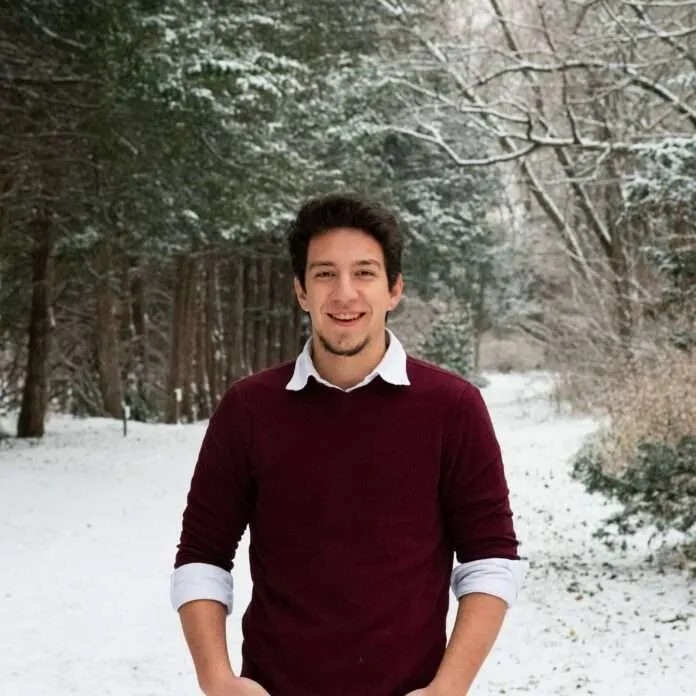This week we see all of the scary, spooky, and overall delightful trick-or-treaters that
came to our door on Halloween night. And while Halloween might be over by the time you read
this, I thought it would be fun to do a feature on the history of Halloween. As many people know,
there are an incredible amount of scary stories to explain the unexplainable of our long and
confusing human history. These stories take the form of legends, myths, and lots of other spooky
tales. Like many things, there’s a long and rich history in the making of one of America’s most
popular holidays. So come along and join me in learning about the origins of the spookiest
holiday on the calendar.
In order to truly understand the holiday of Halloween, we must understand the origin.
Halloween originated with the ancient Celtic festival of Samhain, which was a festival held in
order to ward off ghosts and spirits. Adding on to this, in the 8th century, Pope Gregory III
named November 1 as a time to honor all saints. All Saints Day also happened to incorporate
some of the same traditions of Samhain. As time went on, all hallows Eve was the term used to
refer to the night before All Saints Day. Generation after generation passed, and people got a
little bit more superstitious of the holiday when it eventually evolved into Halloween, a night of
tricks and treats.
Now we know the European origins of Halloween, but as Americans, we tend to make
things out to our own understanding. As such, early Americans took Halloween a little
differently than our European counterparts. In the North, Halloween was shunned as a
non-Christian holiday. Which in reality is slightly ironic, given that it was created by Christians.
However, in the south different traditions began to arise. The colonial ideas of the holiday
meshed with the Native American tribal stories that we heard when we got here making a
distinctly American version of Halloween as a holiday.
The first celebrations of Halloween included play parties, which were public events that
were typically harvest oriented. Given that Halloween is at the end of the harvest season, it was
perfectly in line with the agricultural society of the time. In some of the more southern states,
neighbors would share stories of the dead, tell each other’s fortunes, and dance and sing. This
mixing of cultures and ideas was a very American tradition in the early days of our colonies.
By the late 1800s there was a move in America to mold Halloween into a holiday about
community rather than ghosts, pranks, and witchcraft. However, there were plenty of out of the
ordinary stories that led to the whispers of witchcraft and wickedness on All Hallows Eve. This
once sacred holiday, became a convergence point for all things spooky. And good thing it did,
because otherwise we wouldn’t have half of the thrilling tales that we have now.
Overall, Halloween is a wonderful tradition full of history and stories alike. Last article,
We looked more at the spooky stories from around Kansas, so if you haven’t looked at that, I
would encourage you to do some digging. Kansas may not look it, but we sure do have a long
and legend filled history in this Great Plains state of ours. With that being said, have a
wonderfully suspicious time this Halloween. Don’t eat too many treats, and be sure to share at
least one thrilling tale around the fireplace.
The History of Halloween
A Note from Dylan's Desk




